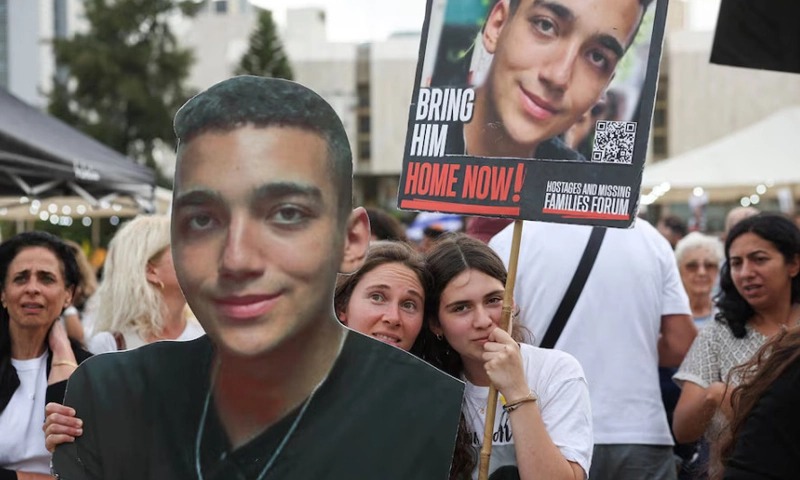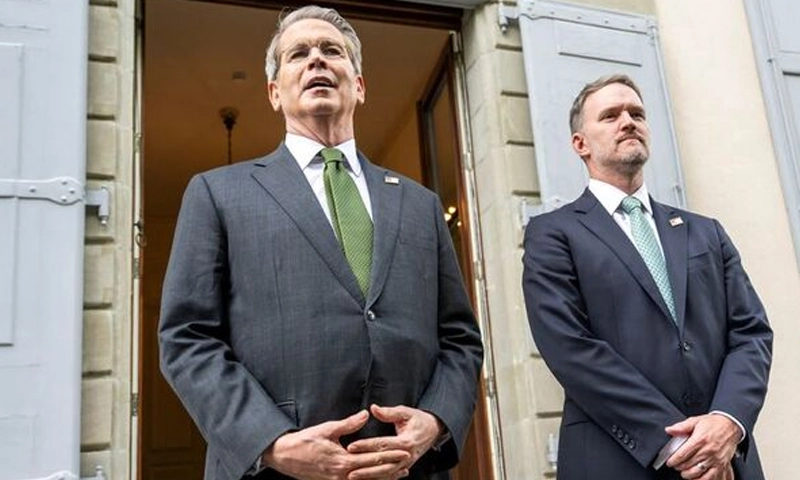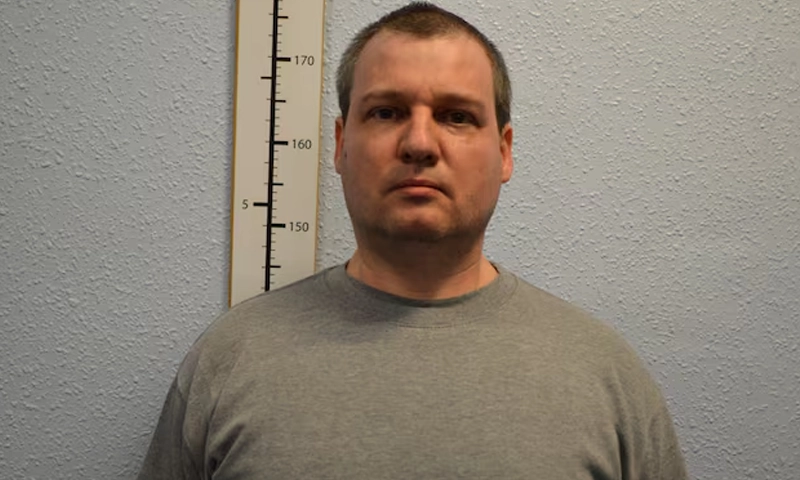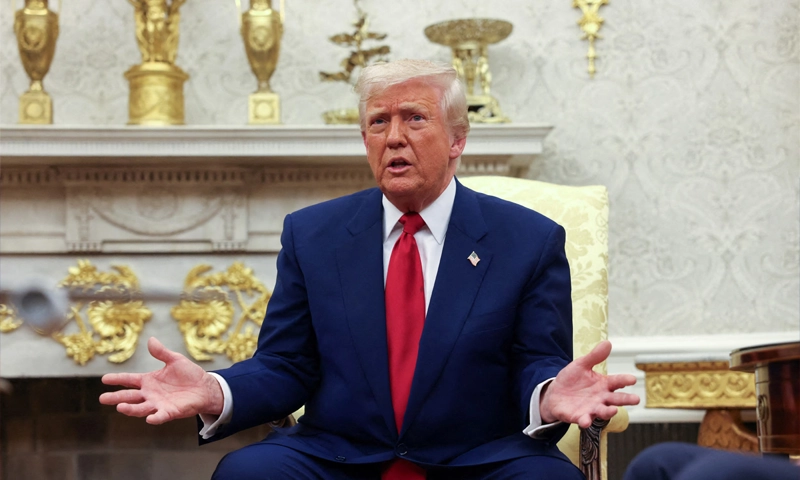- Reuters
- 1 Hour ago

Senegal’s President Sall bows to pressure on election

DAKAR: Following days of protests, Senegal President Macky Sall’s government has released 300 prisoners. Now civil society wants elections before his term ends in April.
At least 300 political prisoners have been released within 48 hours in Senegal. Most of them had been detained after being arrested by security forces during protests.
For days, Senegalese authorities restricted protests with police operations and the arrest of opposition activists. Then the government imposed a ban on demonstrations and cut off mobile internet service.
It now seems that people are slowly reclaiming their right to demonstrate and their freedom of expression, with authorised marches through the streets of Dakar and other cities over the weekend.
Read more: Protesters clash with security forces following election delay in Senegal
Protesters arbitrarily detained
Nina Penda Faye, a civic activist, told DW that she is relieved by the new political developments. “We are happy that they [political prisoners] have regained their freedom,” she said.
At the same time, Penda Faye spoke of frustration at how Senegalese citizens had been arbitrarily detained by police who ignored their rights.
On February 3, President Macky Sall announced the postponement of elections scheduled for February 25, triggering widespread uproar in a country that many observers view as a stable democracy.
Last week, the Senegalese Constitutional Council declared Sall’s postponement of the election null and void.
Additionally, judges also declared a December 15 parliamentary vote on a new election date illegal.
President Macky Sall, who has come under increasing internal and external pressure, now wants to hold the presidential election as soon as possible, according to the statement published on the “DakarActu” platform.
No electoral campaigns
Since Sall canceled the election, there have been no more campaigns. Several opposition politicians have been arrested during protests.
Bara Dieng, 39, was released from prison a few weeks ago. Dieng, who works as a carpenter, is a former political prisoner. He was sentenced to eight months in prison without parole. He told DW that he was imprisoned for supporting jailed opposition politician Ousmane Sonko.
In 2014, Sonko founded the “African Patriots of Senegal for Labor, Ethics, and Fraternity Party” (PASTEF), which was later disbanded by the authorities. Sonko is considered a strong critic of the president and was arrested in June 2023 — he remains in prison.
Arrested for supporting Sonko
Sonko supporter Bara Dieng said he was not demonstrating on the day he was arrested. “I stayed at home.”
The social and economic consequences have been harsh for the carpenter. “I lost much of my market. I’ll never forgive that in my life and I will file a lawsuit for defamation.”
Pushing for elections before April
The “Synergie des organizations pour la sauvegarde de la paix” (SOS/Paix), a coalition of 18 civil organisations, is proposing the presidential elections be held between March 3 and 10.
Most political actors are calling for the elections to be held before April 2, the end of Macky Sall’s second term of office. According to election expert Djibril Gningue, this would be in line with the Constitutional Council’s decision.
“Having determined that it is impossible to keep the date of February 25, the Constitutional Council has asked him to set a date as soon as possible,” Gningue told DW, adding that Sall should abide by the council’s decision, “so that everyone involved knows soon.”
Of the 79 individuals who submitted their candidacies, only 20 were officially allowed to run.
However, consultations between outgoing President Macky Sall and the 20 candidates vying to be Senegal’s next president have been bogged down by conflicting political interests.





